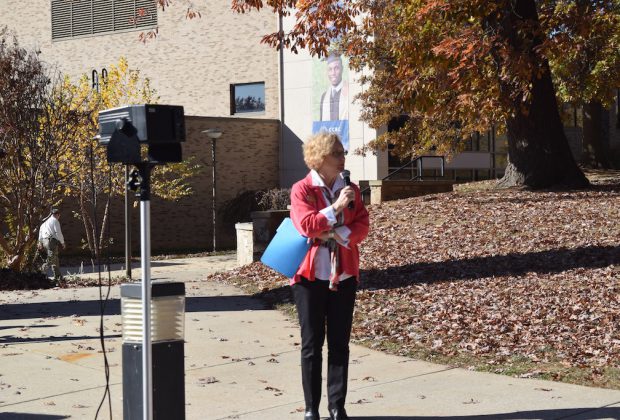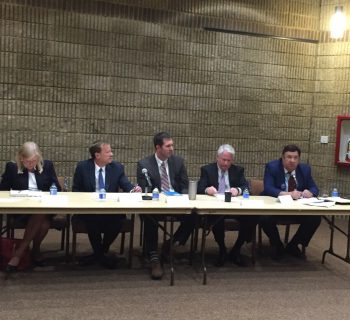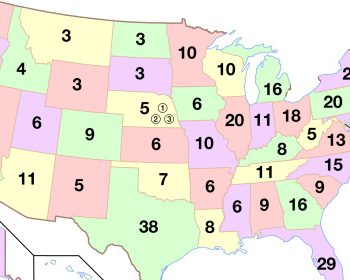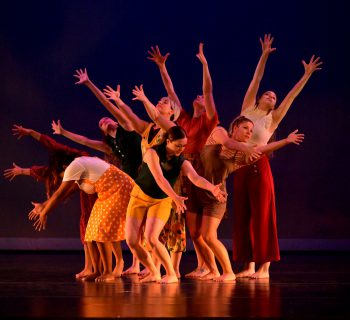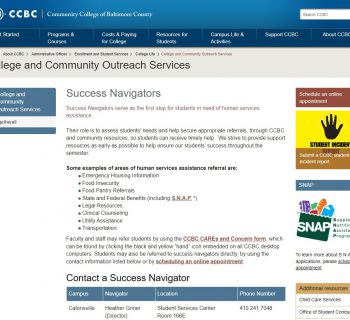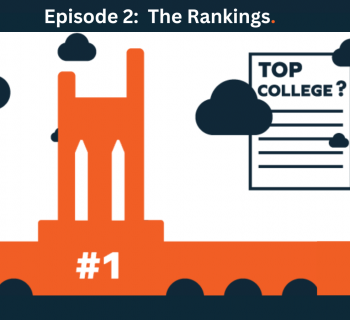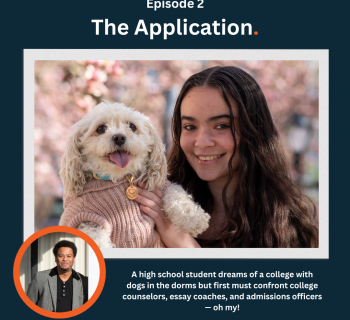Photo Caption: CCBC President Sandra Kurtinitis speaks at the meeting on the quad.
Dylan Greene
On Thursday Nov. 10 CCBC faculty organized a meeting on the Catonsville quad to discuss the political climate post-election. The meeting was an open forum where both students and faculty could speak about the tension that was present in the previous days after the election's results. CCBC President Sandra Kurtinitis has stressed that hate crimes were not tolerated on campus grounds.
Professor Raphael Stillings of Academic Literacy and ESOL spoke about the importance of accountability, “Each of us has the ability to impact positive change. Please remember to let it begin with you, because one individual can make a difference.”
Student Liz Figueroa expressed her worries about the future, “I come from a Hispanic descent and I have family members that are afraid right now.” She nonetheless encourages a spirit of hope, “Don't be afraid to express what you feel and we're all here for you guys.”
The Southern Poverty Law Center has documented over 400 cases of hate crimes that occurred in the election's wake. In Maryland, there have been 11 such incidents. Both online and offline, there has been a clear uptick in instances of harassment and intimidation against marginalized groups. Universities rank the third highest locations where such incidents, eclipsed only by businesses and K-12 schools.
Many of these attacks directly target marginalized groups. Immigrants, women, LGBT, Muslims, and people of color have been on the receiving end of these attacks. These instances occurred in greatest numbers immediately after the election, declining in the days ahead. In response to both the election and the resulting fallout, protests against Trump have begun to organize across the country.
In a show of solidarity, a movement has formed that focuses around the use of a “safety” to identify themselves as someone who is safe to talk to or who can assist in a time of crisis. Secular activist David G. McAfee relaunched the Party of Reason and Progress (PORP) in response to Trump's victory.
This has also launched discussion over the role of fake news sites in spreading misinformation on social media that may have contributed to Trump's success. In an interview with the Washington Post, fake news writer Paul Horner said “They just keep passing stuff around. Nobody fact-checks anything anymore — I mean, that’s how Trump got elected.”
Other discussions about political artifacts from bygone eras are also occurring. The electoral college in particular is being put under the microscope, owing to the disparity between the popular vote that has occurred multiple times throughout the history of the United States. It is unknown at this moment whether or not this will spark lasting debate about the evolution of American elections.
What is clear, however, is that the focus will be on the future. President Kurtinis said, “The only way we can move forward is by continuing to stay focused on our mission and doing what we do best here and that is to welcome all students.”


